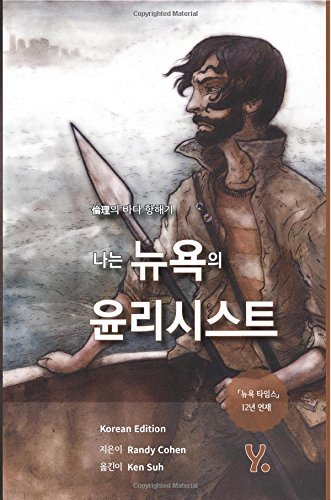What do you think?
Rate this book


228 pages, Paperback
First published August 10, 2012
I am not a philosopher. I have no PhD. I have no credentials to validate my moral reasoning.Randy Cohen, who wrote the New York Times column "The Ethicist" for twelve years, waited until very late in his book to make this admission explicit. My wife, who does have a doctorate in social ethics, says politely that Cohen often pulls his opinions "out of his bum." Which may be true, but Cohen's still a careful and logical thinker and—what's more—a competent articulator of those thoughts. His amateur opinions on (it says here) "how to navigate the ethics of everything" are always lively, humorous and forcefully expressed—and, honestly, I agree with him just about all of the time. Not always—what would be the fun of that?—but almost. And it would be hypocritical for me to deride the efforts of articulate amateurs in a public forum, wouldn't it?
—p.314